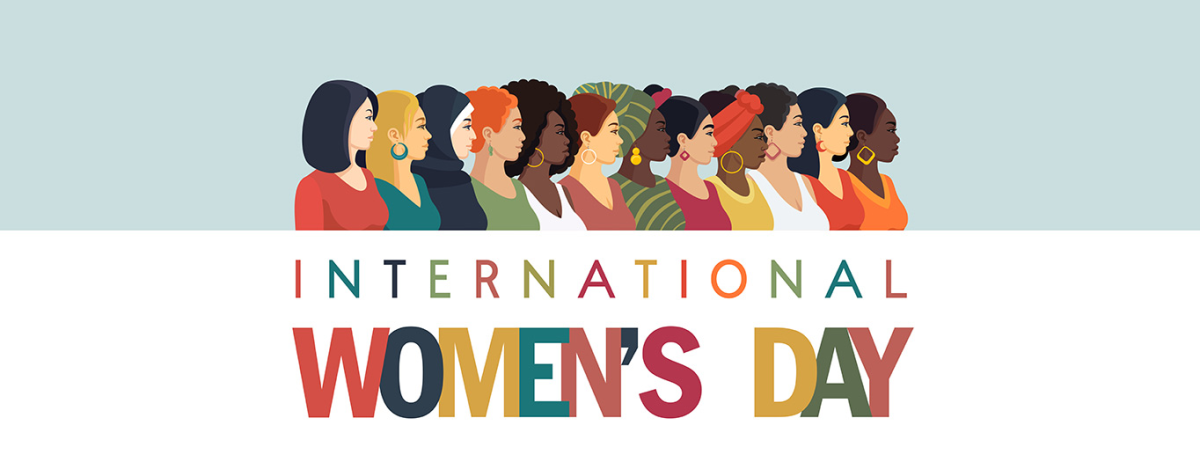When it comes to people we analyze them within what year and time they were born. They could be from Baby Boomers, Generation X, Generation Y, Generation Z, and Generation Alpha. The Baby Boomer generation, born between 1946 and 1964, definitely left a mark on history. However, as we look at their legacy, it becomes clear that their impact goes way beyond their own time, significantly shaping the experiences and opportunities of younger generations, specifically Millennials and Gen Z. While acknowledging their achievements, it’s important to address how some of their decisions and actions have inadvertently burdened younger people.
Firstly, the economics inherited by Millennials and Gen Z reflect the consequences of Baby Boomers’ policies and practices. The continuous consumerism and prioritization of short-term wants over long-term needs influenced their era. The housing market, for instance, has become increasingly impossible for younger generations due to inflated prices and horrible pay, as many younger generations can barely keep a minimum-wage job. If they do, they pay less than the state-ordered minimum.
Moreover, Baby Boomers benefited from pension plans and job security as they continued to grow. Some even get more benefits without having to pay more taxes. The degradation of our Environment is degrading is another issue of the Baby Boomer generation. Their era witnessed industrial growth and resource exploitation, contributing to climate change and many ecological crises.
Despite the amount of evidence that was open to the public, many Boomers were slow to acknowledge the emergency of taking environmental action seriously, leaving younger generations to face the consequences and fight the responsibility of reversing this so that our only home isn’t destroyed as companies are persuading Boomers to continue onto the path of consumerism.
Additionally, the political perspective reflects Baby Boomers’ influence, with policies often reflecting their priorities and values. We are often centered on the ideologies of this generation. When it comes to people running for congress and of any higher positions which are for the people by the people, not we choose for our people. The failure to address pressing issues such as healthcare reform, education affordability, and social equity perpetuates systemic inequalities that disproportionately affect younger people’s lives as well.
Societal shifts also highlight the Baby Boomers’ attitudes toward technology, for example, While technology has undoubtedly brought connectivity and innovation, it has also brought out new challenges, including privacy, online harassment, and digital footprints
However, it’s essential to recognize that not all Baby Boomers are to blame, yet not all Millennials and Gen Z are exempt from criticism. As there are generational differences between everyone. Especially since more generations are already on their way.
Now when it comes to Generation X we can see they have also caused problems mainly being rising cost of living, property devaluation, high rent, student loan debt, and job insecurity. Now though it’s not their fault they still influenced these problems, but with problems, they had solutions allowing us to enter the first stages of the internet and social media.
Yet Generation Y has been taught and grown up with the influence of not being open-minded as much. Yet they believe in being more open to others as well. But technology could also be a major cause of how they grew up. In which case gave them insecurities of their emotions or even well-being.
Which is transmitted to Generation Z, who are trying to break a cycle and bring more awareness to all issues, even political and environmental, which are major world problems. Yet their problem is not being serious enough yet they reflect on how society’s views have significantly changed and how we change not chains.
In conclusion, while all generations undoubtedly made significant contributions to society, acknowledging and addressing the challenges inherited by all younger, older, and continuing generations even for a healthier and sustainable future will help us a lot. By recognizing the differences and similarities of generations and working towards common goals, we can slowly discard generational divides and create a world that benefits everyone, regardless of age, especially those who are struggling.


